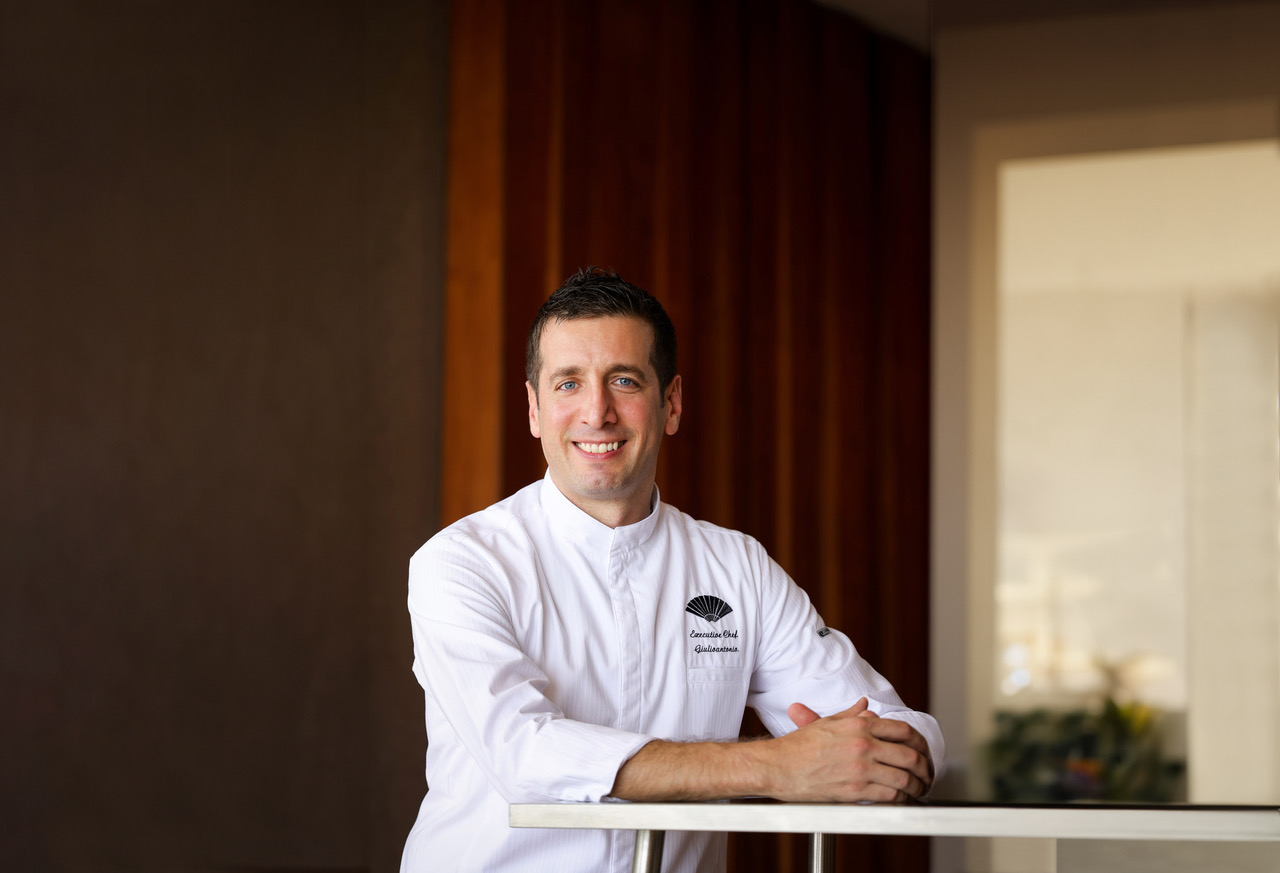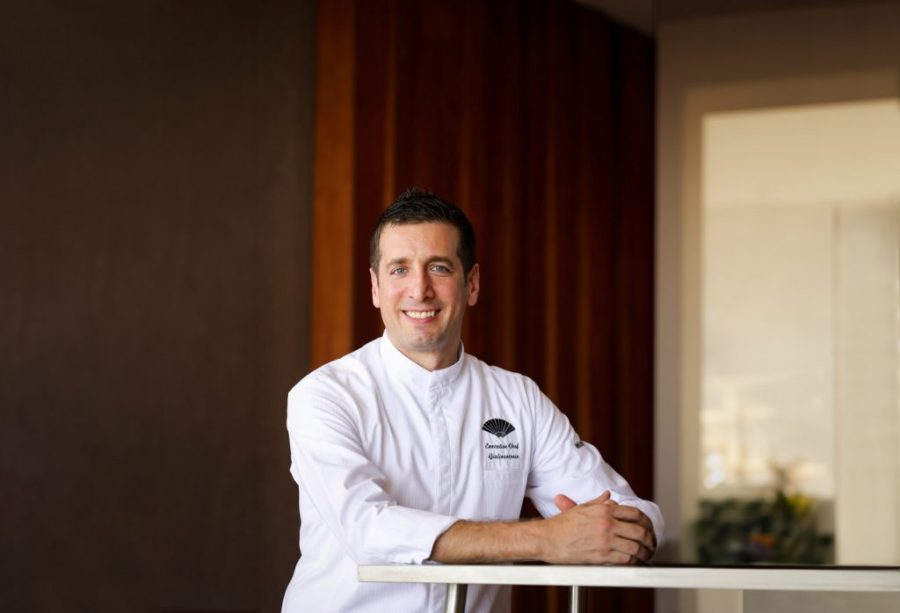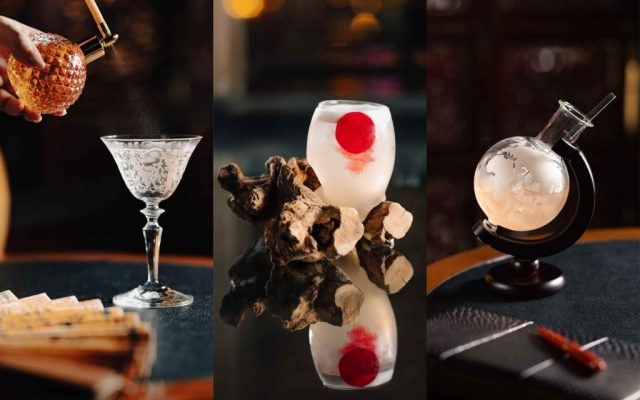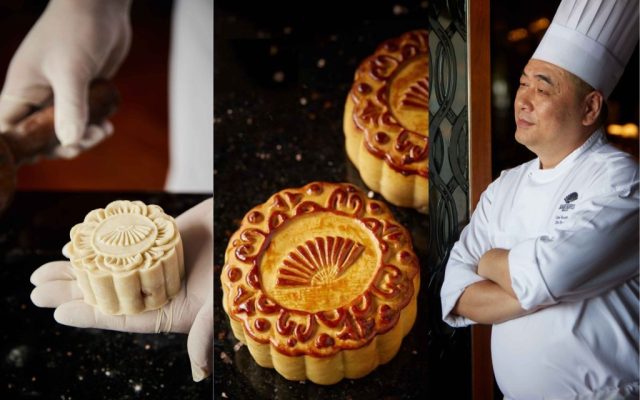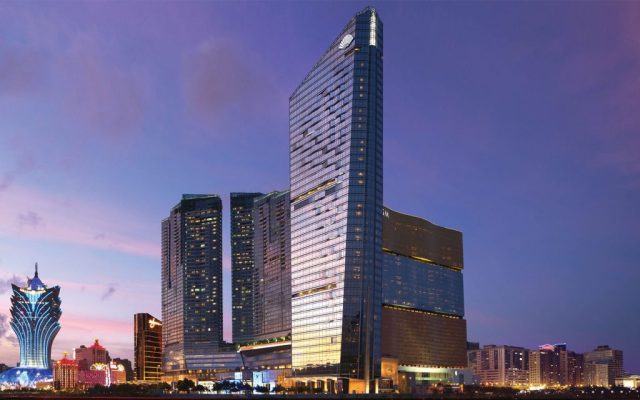Growing up, Giulioantonio Di Sabato wasn’t allowed in the kitchen. “My mother thought the kitchen was too dangerous for a small boy,” recalls the new executive chef at the Mandarin Oriental, Macau.
He wasn’t deterred, drawn not only by the aromas and flavours coming out of the kitchen, but also to the bustling activity when his nonna, mother and aunts prepared lavish meals for the family to enjoy. As soon as he became old enough to safely navigate the hazards of the kitchen, that’s where the family would find him. Pursuing a career in the culinary arts felt increasingly appealing.
He was born in Turin, in northwest Italy, to southern migrants and grew up, he says, eating and speaking like a southern Italian.
“The two cuisines [southern and northern Italian] are very different, just like Beijing and Cantonese food are different. The southern gastronomy is more aligned with Mediterranean cuisine – think olive oil, tomatoes and basil. You won’t see any of that above Florence. You’ll see a lot of dairy products like cheese, butter and cream, which are used in the preparation of stews.”
Both northern and southern cuisines have subsequently influenced him in finding his own approach to Italian cooking. “Both are in my blood,” he says, even if the northern approach may have a slight edge.
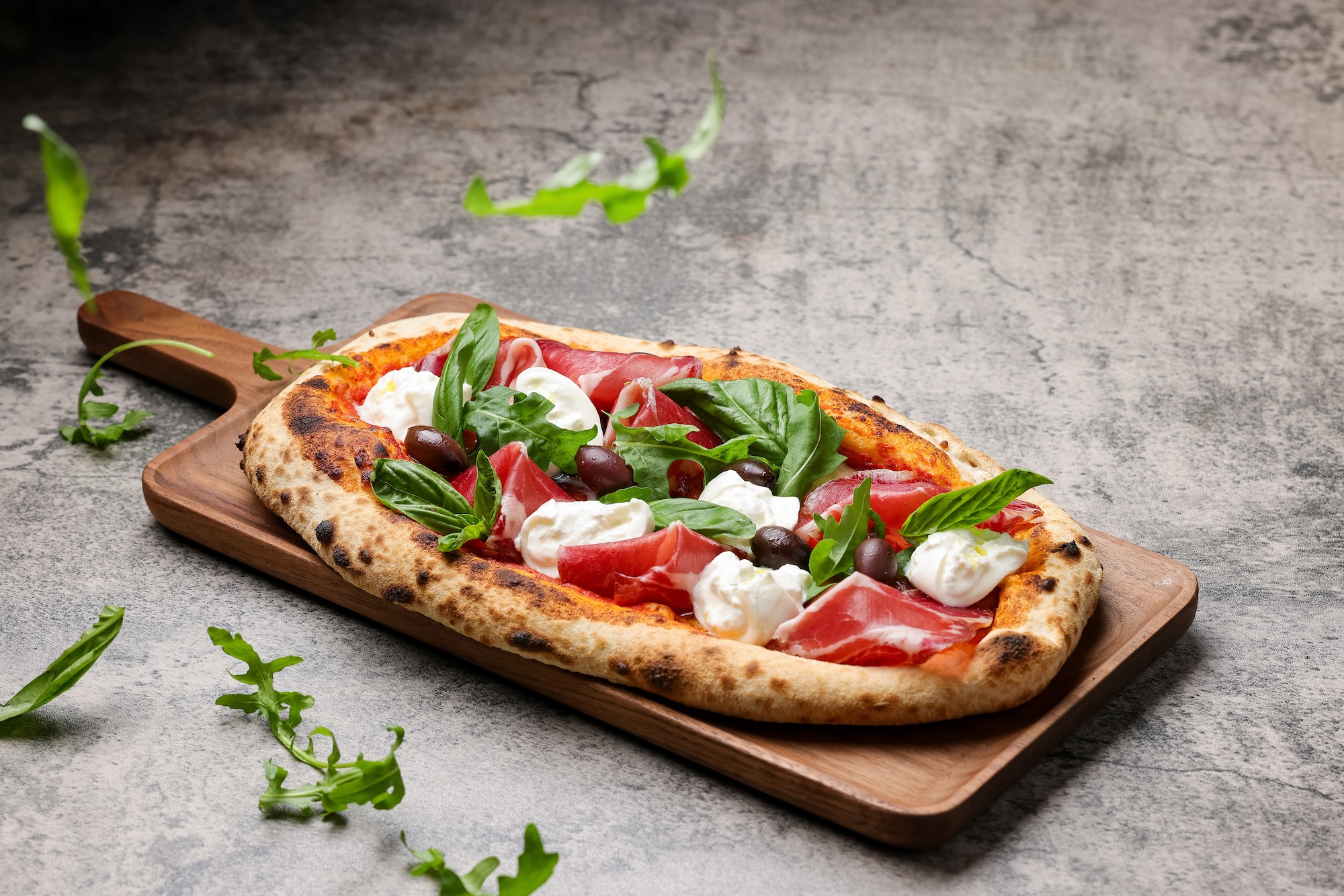
Made with premium burrata cheese, Parma ham and olives, Giulioantonio Di Sabato’s Pizza Bufalina is as good as Italian comfort food gets. “There’s no denying that my nonna’s southern food has influenced my palate, but the essence of my food is more linked with the mentors I’ve had in the north – they’ve shaped me,” he reckons. That doesn’t mean, though, that the chef can’t craft one of the best Naples-style pizzas we’ve ever had.
From Alba to Macao
Giulioantonio honed his skills at the University of Gastronomic Science in Alba – a UNESCO Creative City of Gastronomy known for its white truffles – before landing his first job in a boutique hotel at the tiny village of Cioccaro di Penango, in the hilly region of Alta Langhe, now home to a two-Michelin-star restaurant.
The youngster also had a bit of a travel bug and soon took off for kitchens around the world, from Hayman Island, in Australia, to Shanghai. Just before coming to Macao in August, he was executive sous chef at Shenzhen’s Grand Hyatt for two years. Before that, Giulioantonio led the kitchen at Lago by Julian Serrano, the Spanish chef and restaurateur’s venture at the Bellagio hotel in Shanghai.
One of his first innovations at the Mandarin Oriental has been the Bistronomia Night Brunch which launched last October – lazy weekend night brunches where a bountiful spread of crudo meats and Italian specialties take centre stage, washed down with plenty of bubbly and the best bar view of the peninsula. The menu celebrates Italian culinary heritage by incorporating staples like bruschetta, pizza and meatballs, but also lesser-known interpretations of grilled seabass, or platters of vegetable crudités elevated by a sweet garlic and anchovy sauce. Dolci creations like Panna cotta, Sicily-style cannoli and tiramisu all make an appearance on the Bistronomia menu too.
Soon, Vida Rica Bar will be decked out with Alpine charm and filled with the aroma of mulled wine as part of its holiday celebrations. Now in their third year, the festive promotion regales diners with raclette cheese, fondue and traditional cured meats. Giulioantonio will also be adding his very own touches to the limited-time festive menu by showcasing a few of the Italian festive creations that sweeten the season and are a favourite among families. Among them are meringata natalizia (a pavlova-like dessert) as well as the classic panettone with zabajone foam (a mix of egg yolks, sugar and Marsala wine).
[See more: New Executive Pastry Chef Jean-Victor Bellaye brings fresh pastry inspiration to Mandarin Oriental, Macau]
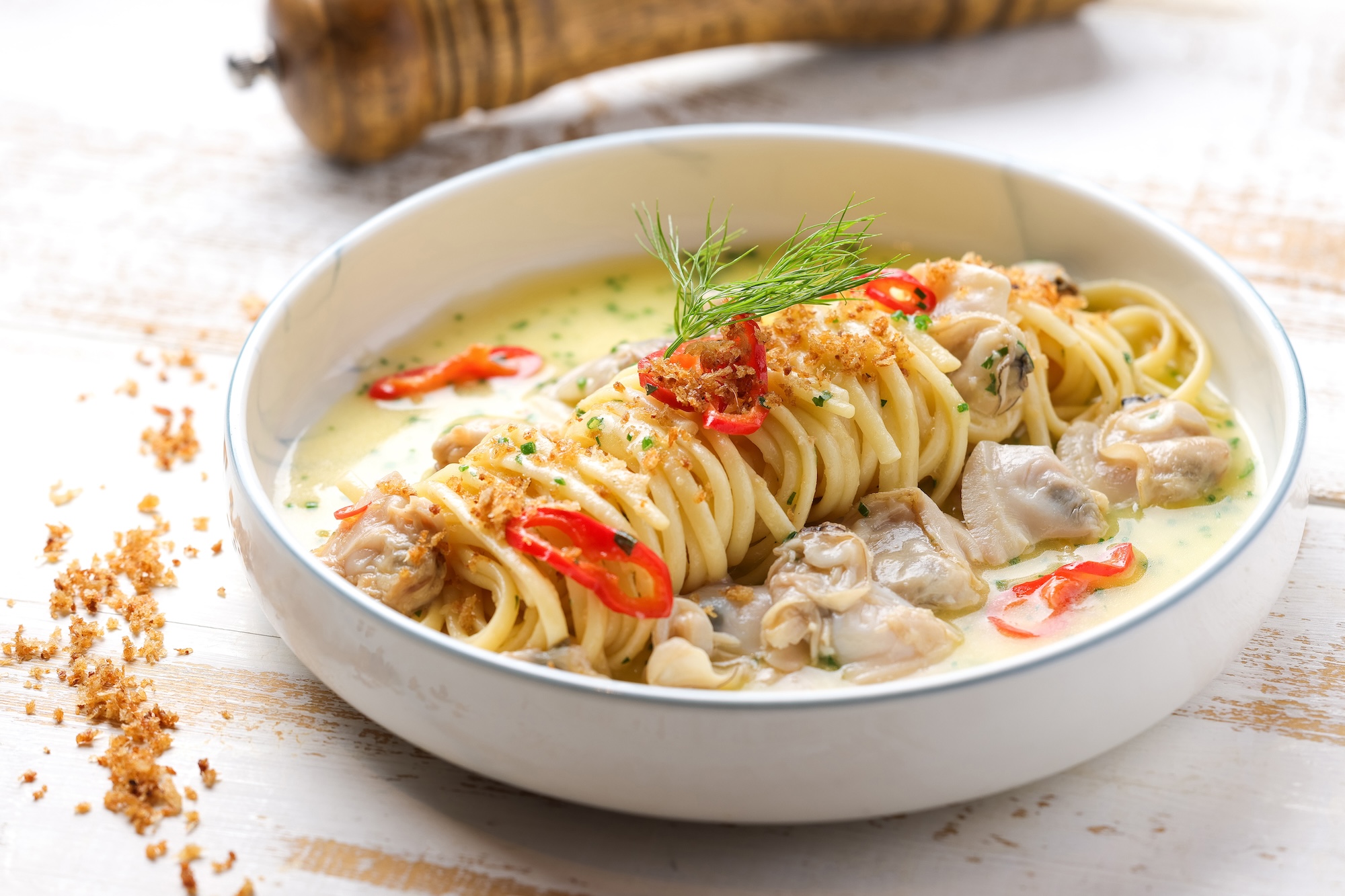
The chef also intends to make sustainability the centrepiece of his approach, closely monitoring food traceability and the kitchen’s supply chain. “Part of my job is to assess who’s sourcing what and, most importantly, how they are farming or butchering it. To be our partner one must be guided by ethics and truth, not sales goals,” he affirms.
While cutting down on imported produce (and thus reducing the hotel’s carbon footprint) is among the chef’s sustainability goals, he’s also determined to connect with sustainability-minded producers in the region, further implementing slow-food principles, as well as introducing more vegetarian and pescatarian options to the menu.
That’s certainly a lot to handle for the man from Turin. But since childhood, he has known that he is more than equal to the task.
